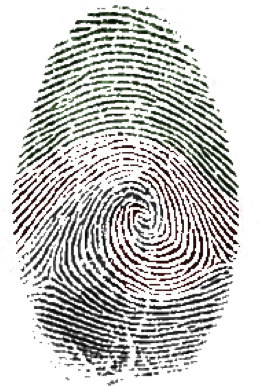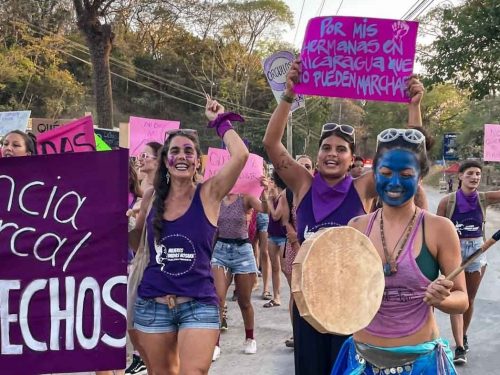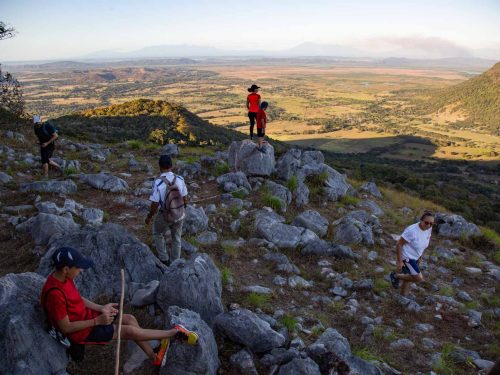
Lately I’ve noticed more and more tico/gringo couples around Nosara. As a man who grew up in the segregated South I watch these changes with renewed hope and interest. Exactly who are we as a community? What factors define a community?
The geographical location of our homes says a lot about who we are. We used to have a ghetto of gringos, living in “the American Project” (a term that is thankfully falling out of use). However, these “neighborhood” lines are blurring as more foreigners move here, as more people choose to intermarry, and as employment opportunities draw people toward new centers of commerce.
Our social structures also define who we are. But as our schools and churches welcome tico-gringo couples and their children, these lines too are being blurred.
Outsiders, the thousands of visitors who come to see us every year, also define who we are. Who do we appear to them? Do they want to visit a place that appears divided?
I don’t want to live in a segregated world. I didn’t like it in Alabama growing up and I don’t want it here. Segregated places fester with resentment instead of prospering with growth. The lessons of history tell us that the amalgamation of societies into a new and better single community identity require both a long stretch of time and a high level of mutual appreciation and respect.
How can foreign residents and ticos demonstrate to one another that we are curious and interested in each others’ lives? Is it possible for each of us to incorporate a new sort of reaching out into our day?
As Nosara continues to evolve, maybe we’re a just a small beach community, seeking prosperity while avoiding disaster. We’re looking for solutions to water problems and road problems with a government that is distant and unresponsive to our needs.
We are gringos and ticos working together to achieve a more prosperous and better quality of life for all of us. Along with Nosara’s new found fame comes the realization that only win-win solutions will work and that confrontation negatively impacts everyone. We are too small, too fragile and too smart to permit ourselves to be divided. The growing number of tico/gringo families have it just right. Together we can all win.







Comments